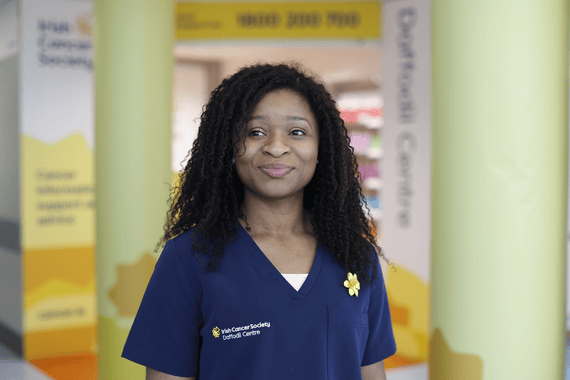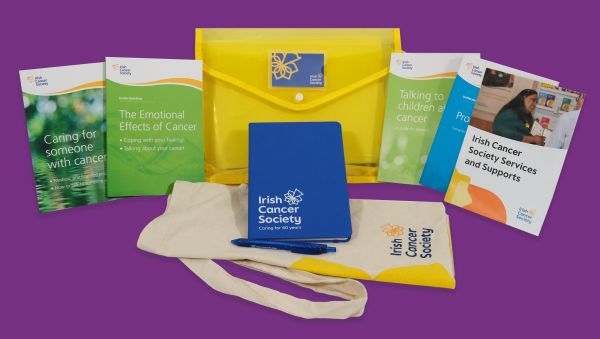The tests you have can:
- Show the extent of your leukaemia and the type of leukaemia you have.
- Help your doctor to predict how your leukaemia might respond to a particular treatment and to decide on the best treatment for you.
Some tests may be used see how you are responding to treatment.







